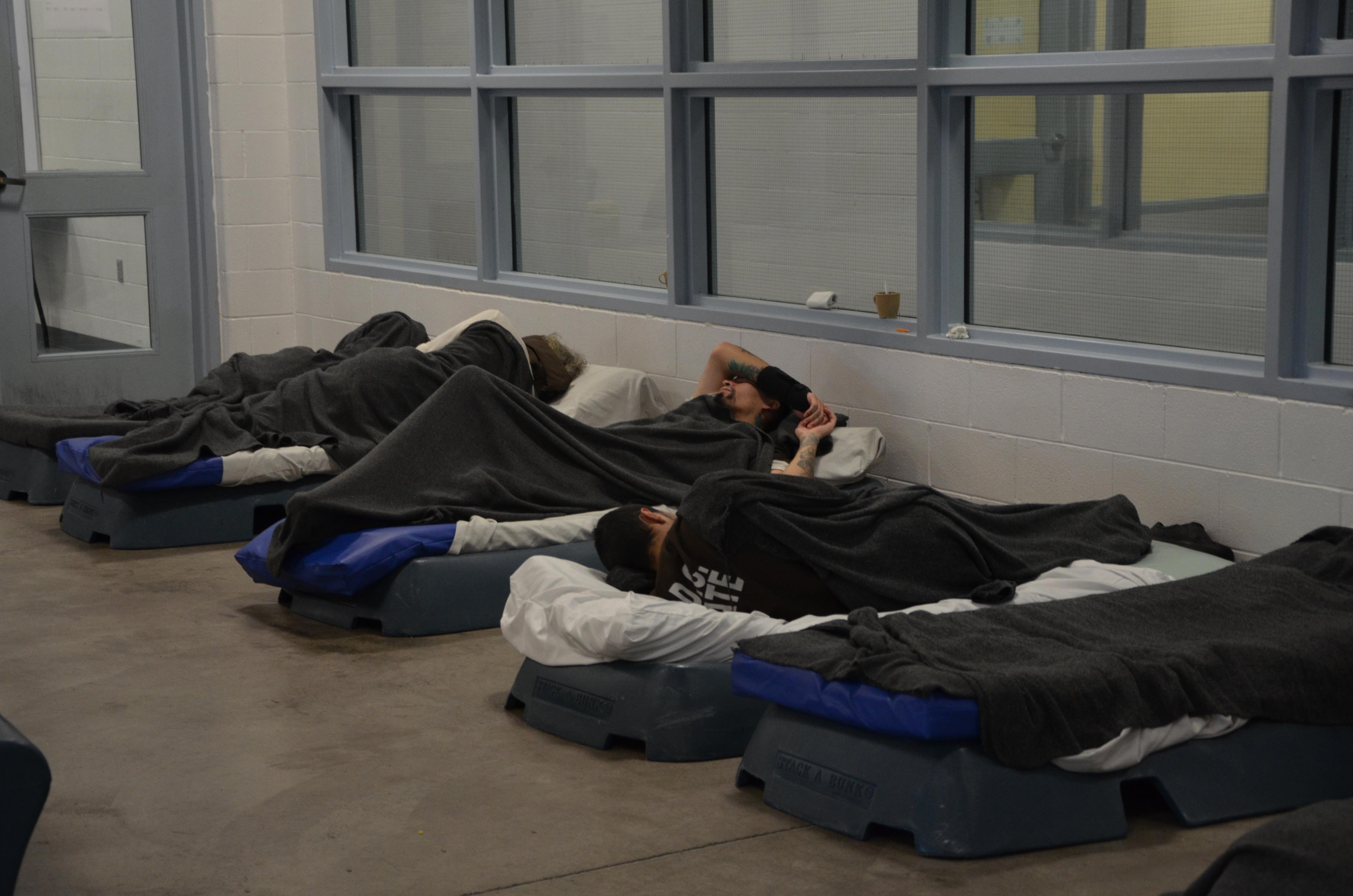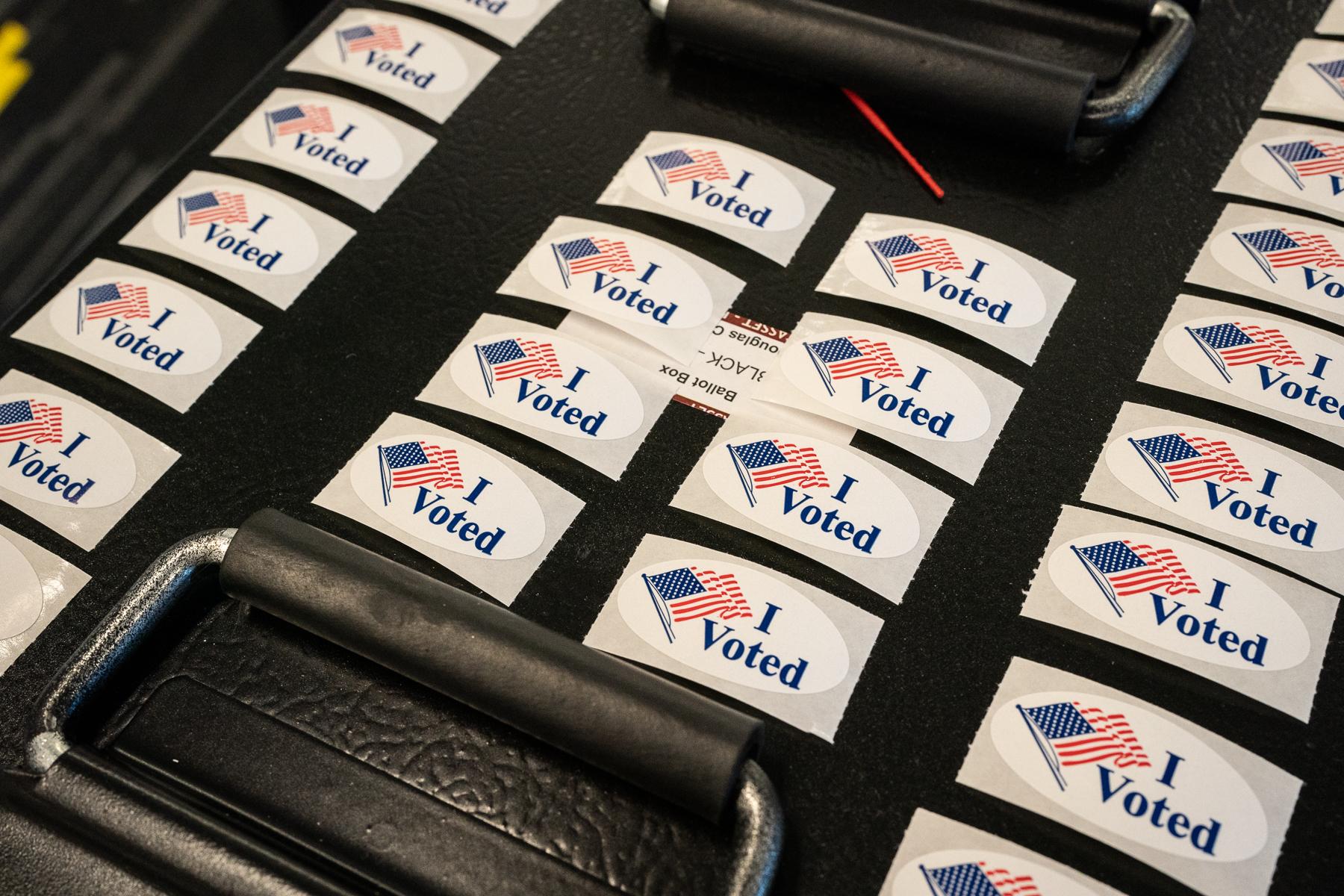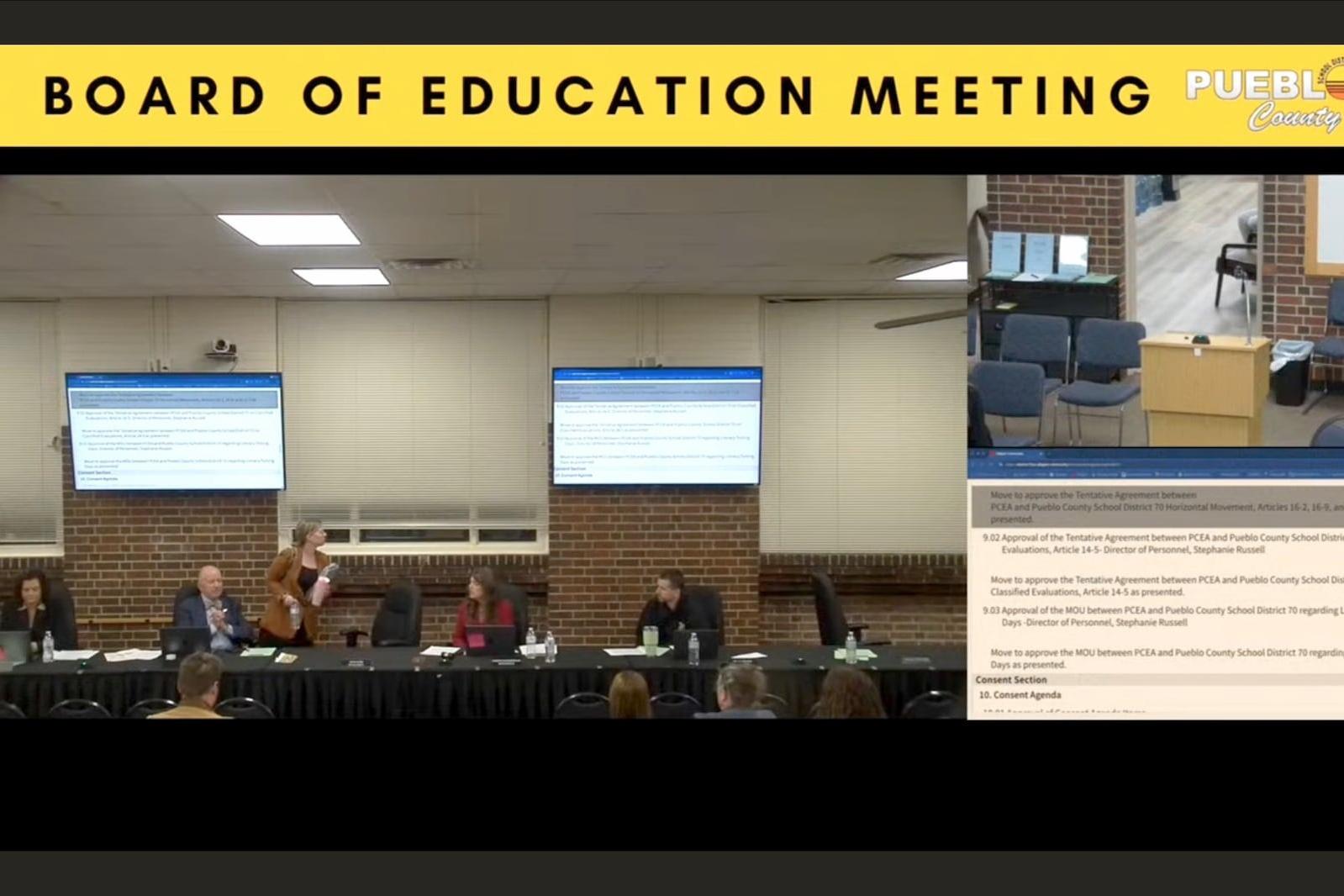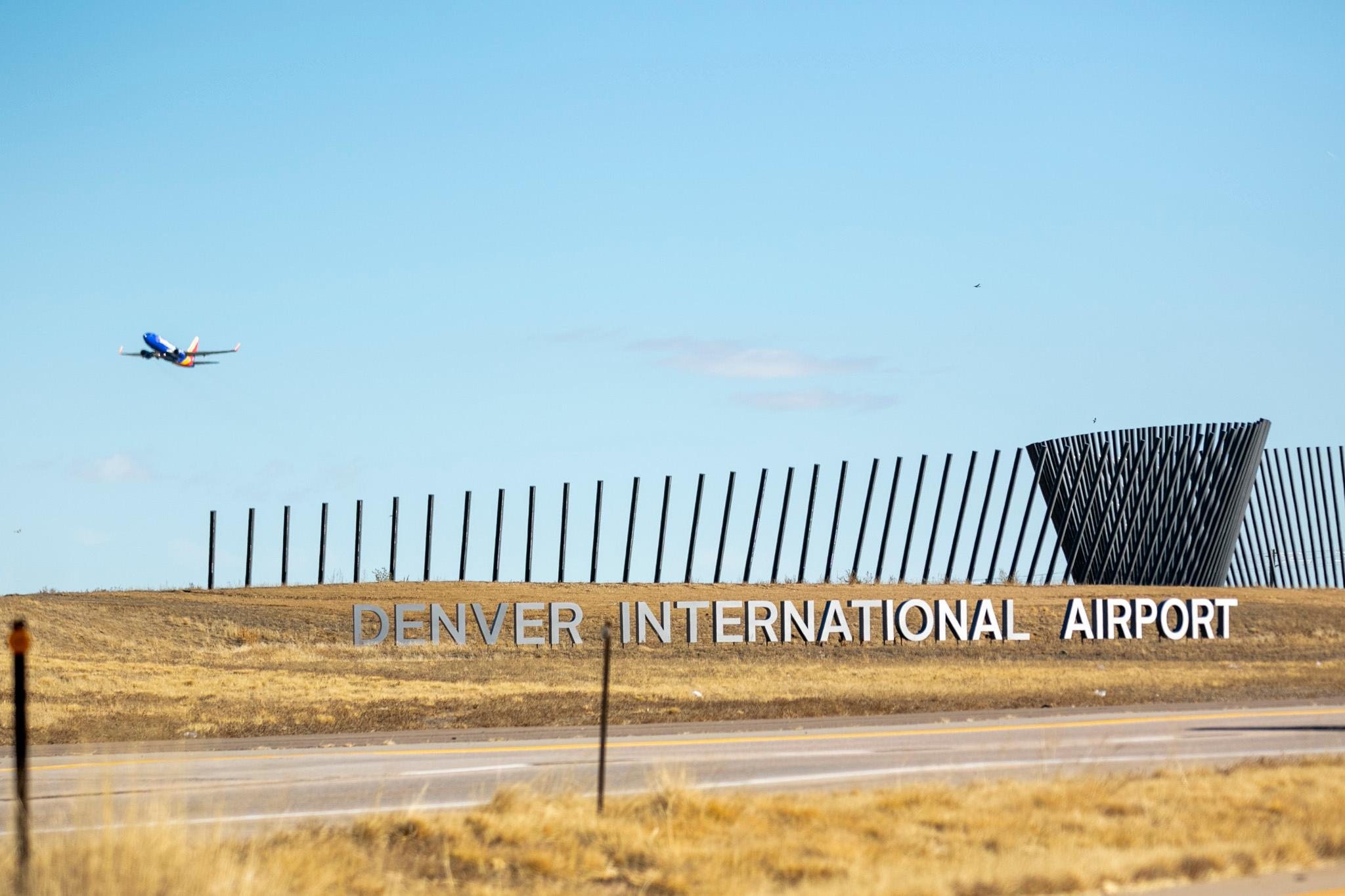
Colorado’s jails are severely overcrowded, but half the people in jail haven't been convicted of anything -- they’re stuck behind bars because they can’t pay bond.
That's both expensive for counties and problematic for judges, says Chief Arapahoe County District Judge Carlos Samour.
“We are probably keeping some people that don't need to be detained, and we may be releasing people who should not be released,” Samour said.
He’s part of a blue-ribbon panel that hopes to turn things around.
Similar challenges exist across the country, and a bail-reform movement is gaining traction. Spurring it along: A 5th Circuit Court of Appeals ruling in Texas held that it’s unconstitutional to hold people in jail pre-trial if they had no ability to pay is also fueling the drive for changes.
How the bail bond system works:
The judge sets a bond amount in any particular case based on two considerations: whether a person charged with a crime is dangerous to society or to themselves, and if the judge thinks the person is willing or likely to return to court. People who can’t pay the bond themselves sometimes have the option of getting a bail bondsman to guarantee it.
If the bond is paid to the court, the person charged is free to go -- sometimes with restrictions -- until his or her court date.
Why people challenge the entire bail bond premise:
A lot of people think that cash bonds create an incentive for people to come back to court. But, “there's no science or evidence showing that posting a cash bond changes anything,” said Mesa County District Attorney Bo Zeerip in Grand Junction.
Experts say text messages and email reminders, similar to the kind that a doctor’s office might use, have been proven to be more effective in getting people to remember court dates. One Boulder judge even has a couple of staffers working on reaching out to people via Facebook to remind them of upcoming court appearances. It's helped cut down on failure-to-appear rates.
What judges are worried about:
Samour has been tracking bail reform around the country and says for judges the issue can be hard because they feel responsible for keeping the public safe.
“The only tool that judge has to protect the community in that instance is to set the bond so high in terms of a monetary bond that the person can't post it, that person can't get out. That's one of the things we're going to be looking at is that if you give judges a hammer as the only tool then that's the only tool they're going to use,” he said.
But because judges don't really know whether people can actually post a bail, it can make the whole system really quite random.
“We may be keeping some people who shouldn't be detained and we may be releasing people who should not be released, because remember that just because we set a monetary bond, we may set it high thinking this is a dangerous person, but if they can come up with the money, if they have access to money, they will be released,” Samour said.
How judges decide what amount a person's bail should be:
Samour talks a lot about so-called "pretrial services." Sixteen of the state's largest counties have these court employees who analyzes a defendant's flight risk, their prior arrests, and other considerations and deliver a report to the judge for consideration.
But for the majority of counties that don't have pretrial services, the judges are flying more blind, although most can follow a "bond schedule" which is a recommended bail amounts given the charges.
Samour wonders whether making pretrial services more consistent across the state would help judges be more consistent. He acknowledges a price tag, but says it could be paid for by savings of having fewer people in jail.
What the critics say:
Some bail-reform advocates say this is way too long in coming. They point out that in 2013 the state legislature passed a law that was supposed to require judges to take into consideration whether someone had the ability to pay. But this hasn’t been adopted consistently -- and in some cases not at all.
“We don't have any more time. Not only because there are thousands of people across the state languishing in jail pre trial innocent in the eyes of the law solely because they don't have the money to bond out, but also because change is coming across the country,” said Rebecca Wallace at the American Civil Liberties Union. “Courts agree that when you have a system of wealth based detention, that violates our equal protection and due process clauses.”
What would the alternative be?
One idea is to give more power to judges and get rid of cash bonds completely. This means a judge would decide whether a defendant needs to stay in jail until his or her trial -- because they are a flight risk or dangerous -- or that person could be let go on a "personal recognizance" bond without any money attached to it.
There are a few places trying bail reform, including New Jersey, which has seen its jail population drop 36 percent.
Is there anyone really opposing this reform?
Many judges have misgivings about getting rid of cash bail completely because they feel like it's their only hammer to get people back to court. The bail bondsman also oppose this for some obvious business-based reasons.
The timeline is unclear:
The panel is meeting for an undetermined amount of time but the recommendations will eventually go to the state's supreme court. If there is any major reform there, it will also likely head to the legislature.
---
This story is part of a reporting series from around the state looking at county jails, including overcrowding, living conditions, drugs and overcrowding. Look for those stories all next week online and on air.









